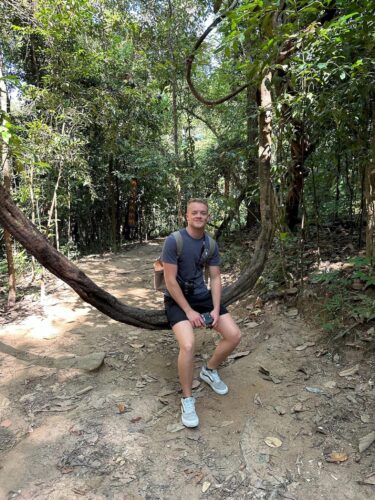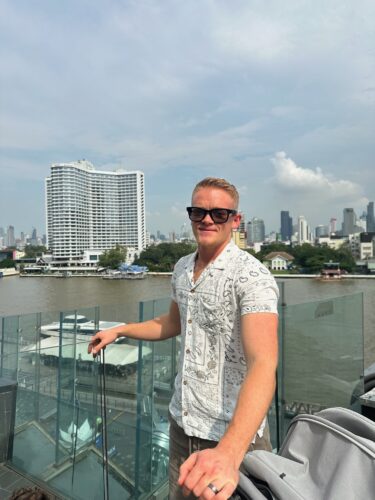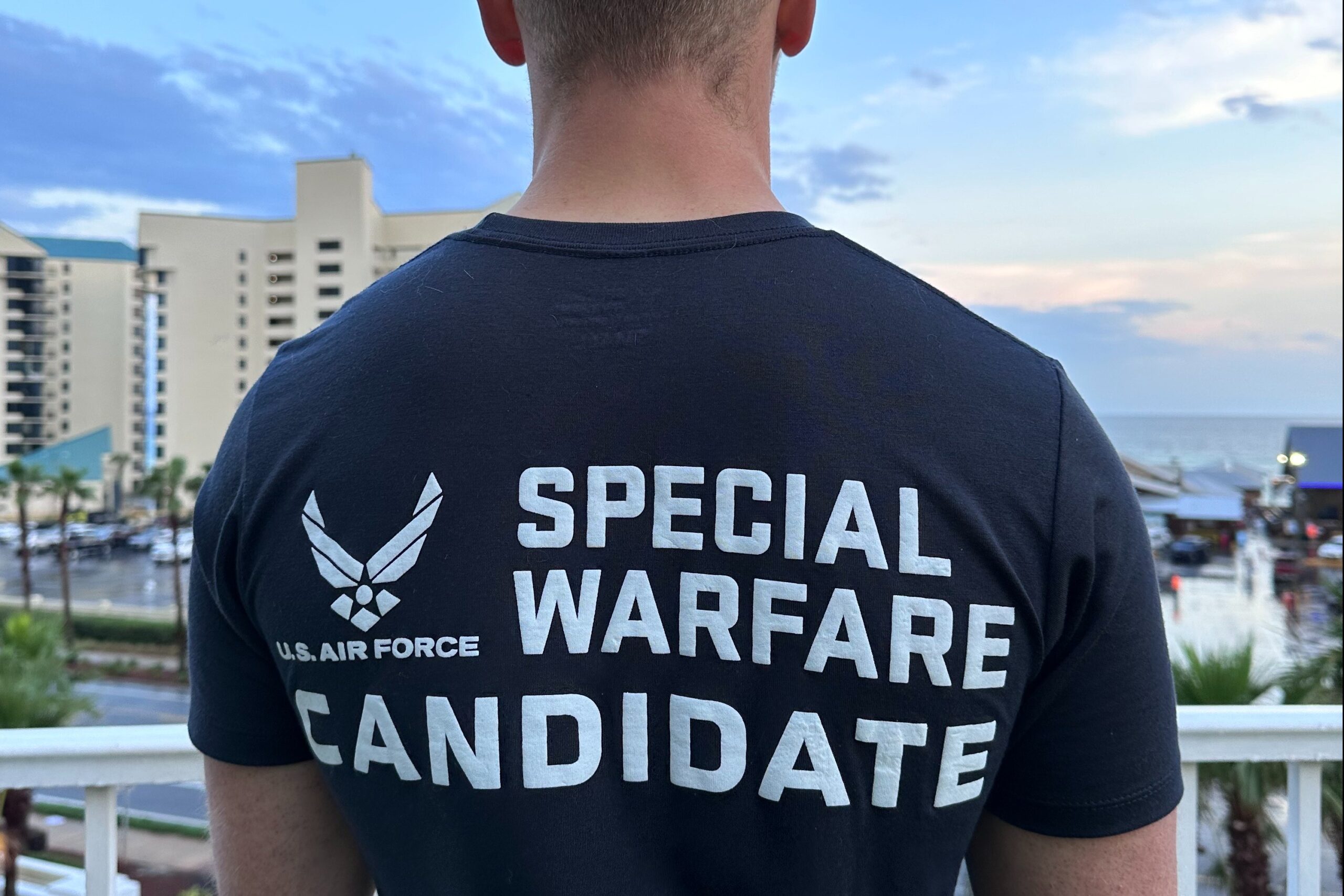[fusion_builder_container type=”flex” hundred_percent=”no” equal_height_columns=”no” menu_anchor=”” hide_on_mobile=”small-visibility,medium-visibility,large-visibility” class=”” id=”” background_color=”” background_image=”” background_position=”center center” background_repeat=”no-repeat” fade=”no” background_parallax=”none” parallax_speed=”0.3″ video_mp4=”” video_webm=”” video_ogv=”” video_url=”” video_aspect_ratio=”16:9″ video_loop=”yes” video_mute=”yes” overlay_color=”” video_preview_image=”” border_color=”” border_style=”solid” padding_top=”” padding_bottom=”” padding_left=”” padding_right=””][fusion_builder_row][fusion_builder_column type=”1_1″ layout=”1_1″ background_position=”left top” background_color=”” border_color=”” border_style=”solid” border_position=”all” spacing=”yes” background_image=”” background_repeat=”no-repeat” padding_top=”” padding_right=”” padding_bottom=”” padding_left=”” margin_top=”0px” margin_bottom=”0px” class=”” id=”” animation_type=”” animation_speed=”0.3″ animation_direction=”left” hide_on_mobile=”small-visibility,medium-visibility,large-visibility” center_content=”no” last=”true” min_height=”” hover_type=”none” link=”” border_sizes_top=”” border_sizes_bottom=”” border_sizes_left=”” border_sizes_right=”” first=”true”][fusion_text]Read the other blog posts in our Service Beyond Gender series:
- U.S. Navy Lt. Rae Timberlake’s Mission of Authenticity and Dedication
- As He Prepares to Teach at West Point, Captain Gordon Herrero Reflects on His Leadership Journey
- Major Alivia Stehlik’s Mission of Care and Legacy of Compassion
- The Fight to Serve and the Future of the Force
- Nathan Casey’s Journey of Music, Leadership, and Visibility in the Marine Corps
By guest contributor Trish King
From a young age, Clayton McCallister felt called to serve. Growing up in Knoxville, Tennessee, he envisioned a career where he could help others and make a difference in the world. But it wasn’t until he learned about the U.S. Air Force’s pararescue field — a role that combines medicine, outdoor challenge, and a selfless mission — that he found the perfect fit.
Now 24 years old, McCallister is a married father focused on creating a stable and meaningful life for his family. His dream of joining the Air Force is not just a career goal and way to support his family, though; he remains motivated in his deep commitment to serving others.
As a transgender man, McCallister also hopes his journey will inspire others to see what’s possible. “I’ve been through a lot to live as my authentic self, and that’s made me stronger,” McCallister says. “It’s taught me resilience and shaped my values. Joining the Air Force is a way to put those values into action and help others.”
Facing Barriers and Finding Resolve
 McCallister’s journey to enlistment has been anything but easy. After earning his bachelor’s degree, he decided to pursue pararescue through the enlisted route, knowing it would bring him closer to the hands-on work he wanted to do. But when he switched tracks to commission as an officer, his enlistment file was flagged, and he was disqualified for “gender dysphoria”— a false determination, as McCallister met all the requirements of the Department of Defense’s policy for transgender applicants.
McCallister’s journey to enlistment has been anything but easy. After earning his bachelor’s degree, he decided to pursue pararescue through the enlisted route, knowing it would bring him closer to the hands-on work he wanted to do. But when he switched tracks to commission as an officer, his enlistment file was flagged, and he was disqualified for “gender dysphoria”— a false determination, as McCallister met all the requirements of the Department of Defense’s policy for transgender applicants.
“It was infuriating,” McCallister recalls. “I’d already passed Military Entrance Processing Station (MEPS), been cleared, and had a ship date. This felt like a slap in the face.”
For weeks, he considered giving up. With the looming uncertainty of whether there will be another ban on transgender military service, the challenges seemed insurmountable. But ultimately, McCallister dug deep and found resolve to keep fighting.
“This is my dream,” he says. “I couldn’t let someone else’s misunderstanding take it away from me. If I’m going to be disqualified, someone else is going to have to do it — I’m not taking myself out of the running.”
McCallister worked closely with his recruiter to reframe his approach. Shifting back to an enlisted focus, he gathered new documentation and submitted a waiver package to the Air Force Surgeon General’s office. While the final decision is still pending, McCallister remains determined.
Determination in Action
McCallister’s resilience is evident not just in his enlistment journey but in how he views his future career. Pararescue is one of the most demanding paths in the Air Force, requiring rigorous physical, mental, and medical preparation. For McCallister, the challenge is part of the appeal.
“I love being out in the elements, and I love being challenged,” he says. “This is about helping others in the most extreme circumstances. That’s a purpose worth pushing for.”
The Air Force has struggled with recruiting challenges in recent years, particularly in specialized fields like pararescue. McCallister’s story underscores the dedication of those who persist despite systemic barriers. His experience also highlights the resources that can make a difference, such as SPARTA, an advocacy and peer support organization for transgender service members.
“SPARTA gave me the tools I needed to get through this process,” McCallister shares. “From helping me understand the policies to connecting me with other trans folks in the military, it’s been invaluable.”
 Living Authentically, Inspiring Others
Living Authentically, Inspiring Others
McCallister is open about his identity and sees his visibility as a way to create change. He hopes his story will inspire others — especially transgender individuals — to pursue their dreams, no matter the obstacles.
“Being trans isn’t special,” he says. “We’re just people, like anyone else, who want to live our lives and contribute. I want people to see that trans folks are just as capable, committed, and willing to serve as anyone else.”
His journey is one of perseverance, not just in overcoming the challenges of the waiver process but in embodying the values he hopes to bring to his service. For McCallister, joining the Air Force transcends personal ambition; it’s about being part of something larger and leaving a lasting impact.
“I want to protect people and make a difference,” he says. “That’s the kind of legacy I want to build — for my family and for the people I’ll serve with.”
As McCallister awaits the final decision on his waiver, his resolve remains steady. His story is a testament to the strength it takes to pursue a dream, especially in the face of adversity, and a reminder that service beyond gender is not just possible. It’s essential.
About the author: Trish King is a retired U.S. Army infantry NCO and the first openly transgender service member in her field. She writes about military life, family, and LGBTQ+ rights, drawing from her decades of service and personal experience.
Know a veteran who’s struggling? Free help available here.
Sponsored by the SSG Fox Suicide Prevention Program[/fusion_text][/fusion_builder_column][/fusion_builder_row][/fusion_builder_container]
© Copyright modern military association | EIN 52-1845000 | all rights reserved | legal & Financial
